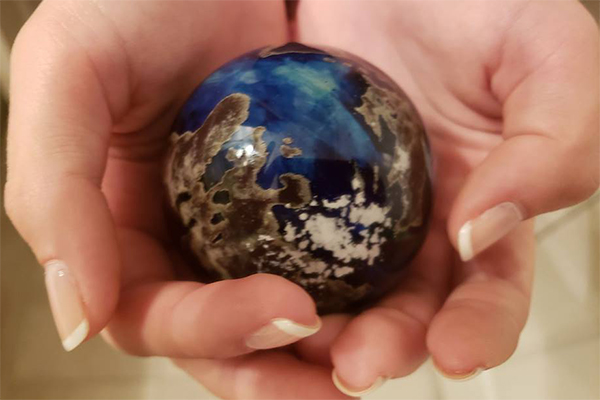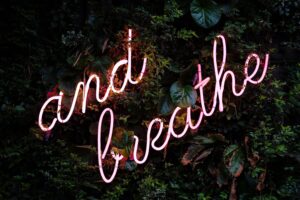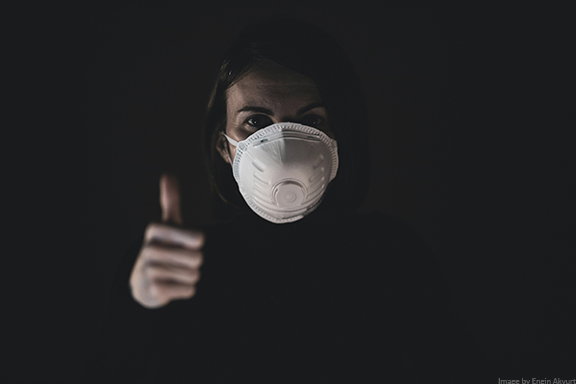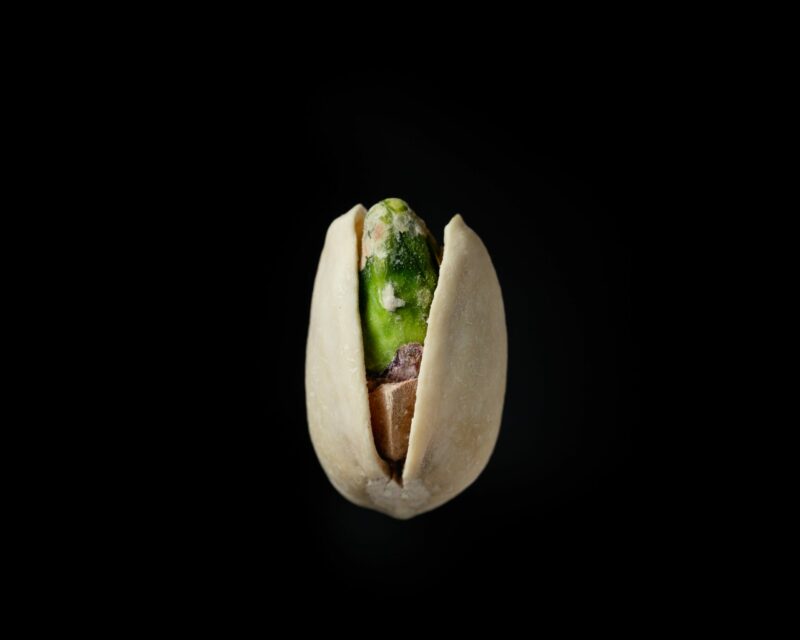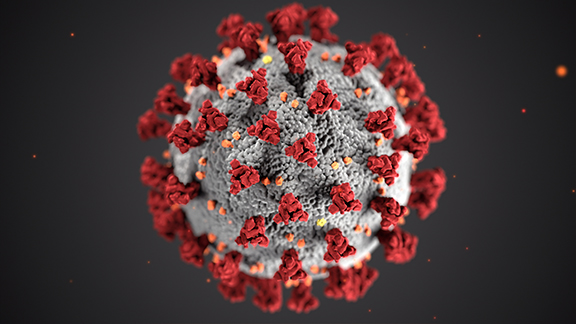
All of the advice we’re hearing about social distancing, washing hands, and disinfecting, is to reduce exposure to the Corona virus. Hopefully these important measures will slow down the infection rate. But there is an equally important aspect that needs to be emphasized more…
We need to start taking better care of our immune system to reduce our susceptibility to Corona virus, as well as Lyme disease, Lyme coinfections, Eastern Equine Encephalitis, the flu, etc.
We can’t avoid every microbe, even if we sit alone in our houses for a year. So, we really need to keep our immune system healthy and balanced so we aren’t as susceptible to the ravages of these infectious diseases, as well as things like cancer and autoimmunity.
Louis Pasteur, the father of germ theory, concluded that, “The microbe is nothing. The terrain is everything!” He was referring to whether our inner tissues are hospitable to microbes or not. Is our immune system nourished and balanced or suppressed and depressed?
If you were to design a diet and lifestyle that would decimate the immune system, it would be the Standard American Diet and Lifestyle! As a society, we are sleep deprived, stressed out, toxic, sedentary, and eating nutrient poor food. The fact that we’ve survived this long is a testament to our incredibly intelligent immune system and biochemistry. Your body is doing the very best it can, within the environment you’re asking it to live.
Let’s improve that environment to the extent we can, so that we can better weather current and future health threats. As a bonus, because everything in the body is interconnected, an immune supportive lifestyle and diet is also a boon to our overall health.
Below are key recommendations to support your immune system. Although numerous research papers and books have been written on these topics, I will do my best to summarize action steps that you can take right away.
Prioritize Sleep
• Your immune system and general wellbeing depend on regular, excellent quality sleep.
• Aim to go to bed around 10 PM and wake up with the sun. Being a night owl (self imposed night shift work) suppresses your immune system.
• Practice good sleep hygiene by avoiding screens (TV, phones, and tablets) an hour or two before bed and remove all ambient light while sleeping. This will help to maximize melatonin, your primary sleep hormone and potent internal antioxidant.
• Create a relaxing bedtime routine. This isn’t just for kids!
• If you have trouble falling or staying asleep, try the heavy blanket! It’s like swaddling a baby – except you’re the baby. The gentle, constant compression activates your parasympathetic nervous system (known as the rest and digest nervous system), which helps you to relax and sleep like a baby.
• Magnesium is known as the relaxation mineral. Low magnesium may make it harder for you to relax enough to fall asleep. Magnesium is one of the top three deficiencies in the US. Get more magnesium by eating more leafy greens, nuts, seeds, and legumes. If you opt to supplement, magnesium threonate or magnesium taurate are more relaxing options that increase the action of GABA in the brain.
Reduce stress
• When you’re stressed, your body de-prioritizes immunity because getting over a cold is way less important than escaping from a tiger. Deadlines, relationship stress, financial worries, etc might not feel like being chased by a tiger in your mind, but your body experiences it that way. There’s enough evidence about the negative impact of stress on our whole body. Now is the time to become aware of your stressors and do something about it. Yoga, meditation, exercise, breathwork, and Mindfulness Based Stress Reduction are all effective strategies. Choose one that resonates with you.
Optimize immune nutrients
• Yes vitamin C is good for your immune system, but it also needs vitamins A, vitamin D, zinc, and protein.
• Start your day with fresh lemon juice in water for vitamin C with all of its cofactors. Oranges, red peppers, broccoli, kiwi are also great sources of vitamin C and other nutrients.
• With sunnier days coming, get out in the sun without sunscreen for 20 minutes so your body can produce vitamin D. If that’s not possible, supplement with D3 drops.
• Eat your darkly colored veggies for beta carotene (which gets converted to A).
• Snack on pumpkin seeds for zinc (these are a great option because they’re sprouted, and therefore more digestible and nutritious).
• Most people get ample protein, but you may want to double check that you’re getting at least 45-55 grams per day from varied sources. If not, plant based protein powder in your smoothie can easily and tastily fill in the gap. (Lately I’ve been liking Orgain best.)
Other dietary considerations
• Some foods we eat are a constant challenge to the immune system, making it less able to fight actual threats.
• A high sugar meal suppresses the immune system for hours… Just in time for your next obscenely decadent latte or snack. If you think about it, most Americans are immune suppressed all day long due to regular sugar spikes.
• The chemicals in pesticides hamper the cellular metabolism of all cells, including immune cells, by multiple mechanisms. Choosing organic foods whenever possible reduces this toxic burden.
• Subclinical food allergies and sensitivities are rampant, and result in chronic activation and depletion of the immune system. The top two food sensitivities are gluten and dairy. For most people, avoiding them helps the immune system stay balanced, which not only makes it more effective in fighting microbes, but also helps reduce the inappropriate immune reactions such as allergy and autoimmunity. There are many delicious dairy alternatives out there now for milk, yogurt, cheese, butter, and even ice cream. Switching from wheat to naturally gluten free grains like rice and quinoa has many benefits.
• Dairy causes most people to produce more mucous, which then provides a breeding ground for bacteria and viruses.
• Garlic, onion, and mushrooms are fantastic for your immune system. Try to eat them every day! I’m going to be writing more about mushrooms in a future post. They are amazing!
The immune system in the gut
• Did you know that two thirds of your immune system is in your gut? The microbiome, or the good bacteria in our gut, is so vital to our health that some consider it an organ.
• Most of what we do decimates that line of defense, including many medications (NSAIDs, antibiotics, oral birth control, SSRIs), fake sugars like sucralose, glyphosate (the herbicide heavily sprayed on many grains), alcohol, sugar, and conventional animal foods which contain antibiotic residues. Minimize all of that whenever possible.
• Boost your microbiome by consuming probiotics (beneficial bacteria) daily whether through unpasteurized fermented foods like Real Pickles veggies, Fire Cider, Kombucha, and/or Gut Shots or a probiotic supplement. Those good critters live on fiber, so feed them with lots plant foods.
Stay hydrated
• Dehydrated mucous membranes are more vulnerable to microbes. Drink a couple glasses of water first thing in the morning (with fresh lemon juice as a vitamin C bonus!) and then sip water throughout the day.
• Minimize things that dehydrate you like coffee and alcohol.
• Eat lots of fresh plant foods that contain lots of water.
• Consider using a humidifier when the air is dry.
Exercise!
• You know it, but here’s a journal reference if you need one. Just do it.
• Outside in the woods is especially helpful. Being out in nature increases natural killer cells. Plus it’s fresh, nontoxic air, with plenty of space between germ infested people.
• But don’t over do it. Exercising too much raises your stress hormone cortisol, which suppresses your immune system.
Your immune medicine chest
• These are the things that I have found extremely effective for both cold triage and prevention. It’s a great idea to have them on hand.
• Epsom salt baths. Soaking in the hot tub functions like a fever – it heats up your body causing the viruses to die off and may boost the immune system. The steam also helps to clear your sinuses. Baths are relaxing, and when you’re relaxed, your body can prioritize immune function. I always add the Epsom salts to the bath because it’s a great way to get more magnesium and sulfur (which gently supports detoxification). If you’re congested, you might want to add a bit of eucalyptus essential oil as well.
• Oregano essential oil. Put a drop of oregano oil in a shot of water and throw it back. Two or three times a day if you’re sick. This is quite potent, so don’t over do it or splash on your face. I was actually paranoid that I might be getting sick the past couple days because I was extremely tired. I had a drop of oregano oil in water a couple times each day, and I’m good as new!
• Drink tea. Lemon balm and cats claw tea are antiviral. I usually multitask with both teabags in the same mug. Throat Coat is really nice for soothing your throat, and these herbs are soothing for the rest of your digestive system! Another benefit to green tea is that it strengthens and balances the immune system. What doesn’t green tea do?! Matcha green tea (the powdered version) has the most nutrients. Be sure all tea is organic, otherwise the first time the pesticides are washed off the leaves are in your mug.
• Fruit and vegetable extracts. My kids and I have been taking Juice Plus for 10 years, and we rarely get sick. When I feel something coming on, I double it up.
• Elderberry syrup and lozenges (which may have added zinc as a bonus) are also very helpful for colds.
I hope that this has inspired you to take great care of your immune system. There’s a lot here, which can be overwhelming. But even if you start with just one thing, that is a step forward. Comment below if you have any questions. I’d also love to hear what your remedies are!
Image attribution: CDC
